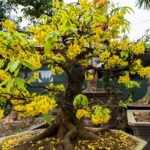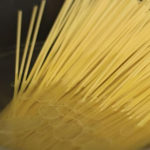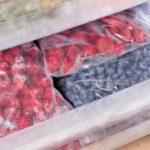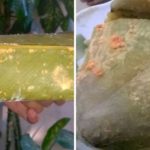Typically, it takes a lot of time to collect garbage, put it in a bag, take it to a garbage area or wait for the garbage truck to come and take it away. It’s hard work every day.
However, if you are gardening, don’t miss the opportunity to collect waste from this food to process it into fertilizer, both protecting the environment and helping the plants grow well and yield good results.
Types of food that can be used as fertilizer
There are many types of food that can be used as fertilizer, such as fruit peels, eggshells, fish bones, pork, bread… These waste materials can become a source of nutrient-rich fertilizer that improves soil quality and helps plants thrive.
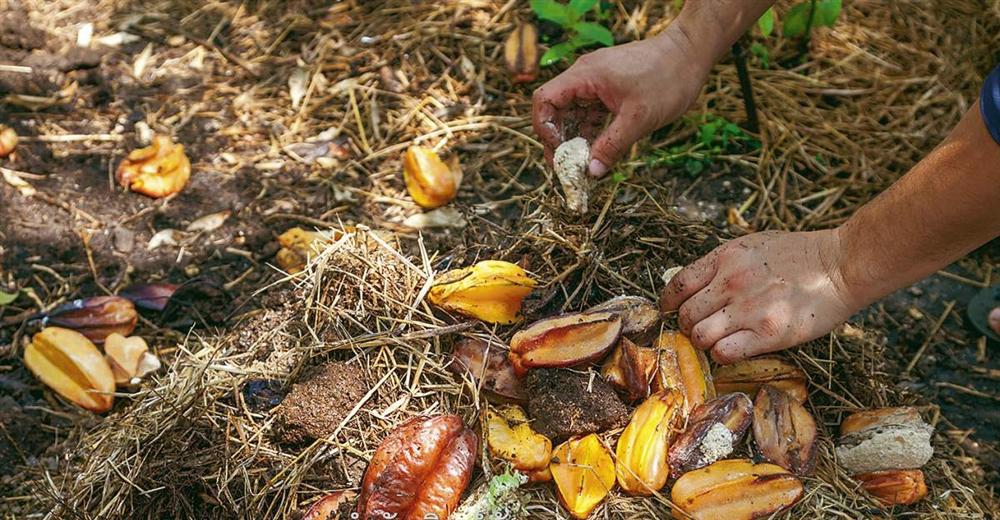
How to do it
– First, prepare a 20-liter plastic container with holes around the top for ventilation. Then wrap a net on the outside to prevent flies from entering and laying eggs, causing unpleasant odors.
– Next, put the collected food waste into the container, mix well, and close the lid. Initially, no additional water is needed as food waste usually has high moisture content. You should let it sit for a few days to allow the materials to absorb the moisture.
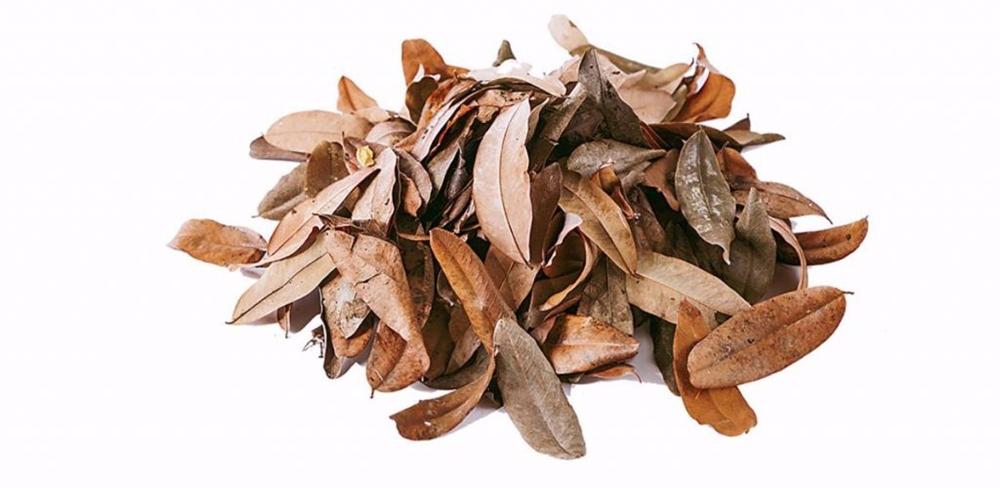
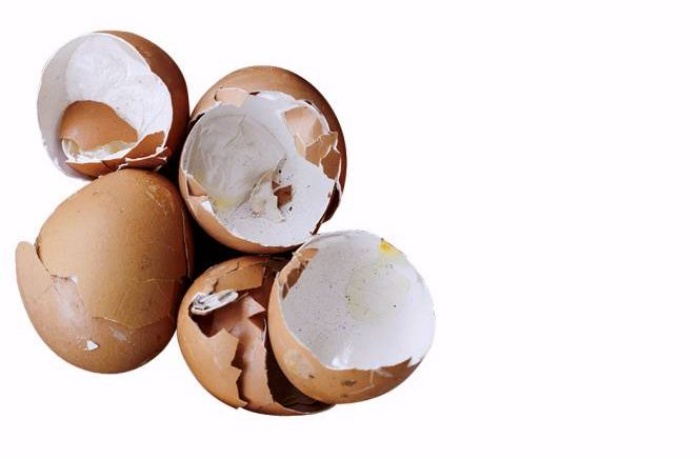
– After about 1 week, you can add water inside as the metabolic process will generate heat.
– It takes about 30 days for the fertilizer mass to become a suitable liquid for fertilizing plants. When watering plants, you should dilute it with water to create a suitable solution for each type of plant. After this period, the bacteria inside the container will stop decomposing. The food waste has turned into dark black organic fertilizer without any foul odor.
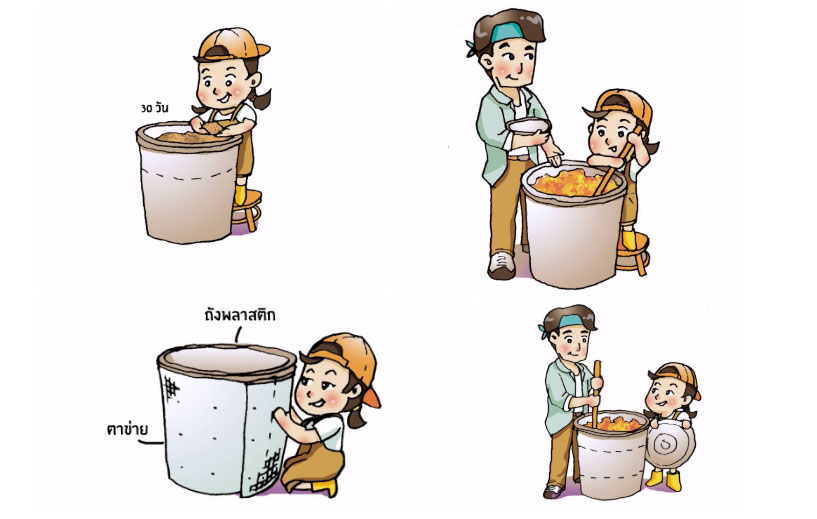
You can flexibly apply this method to create a source of fertilizer for gardening. Organic fertilizer, leaves, kitchen food waste… can all be composted to create a safe source of nutrients for the soil, supplementing the plants with necessary nutrients for good development and high productivity.
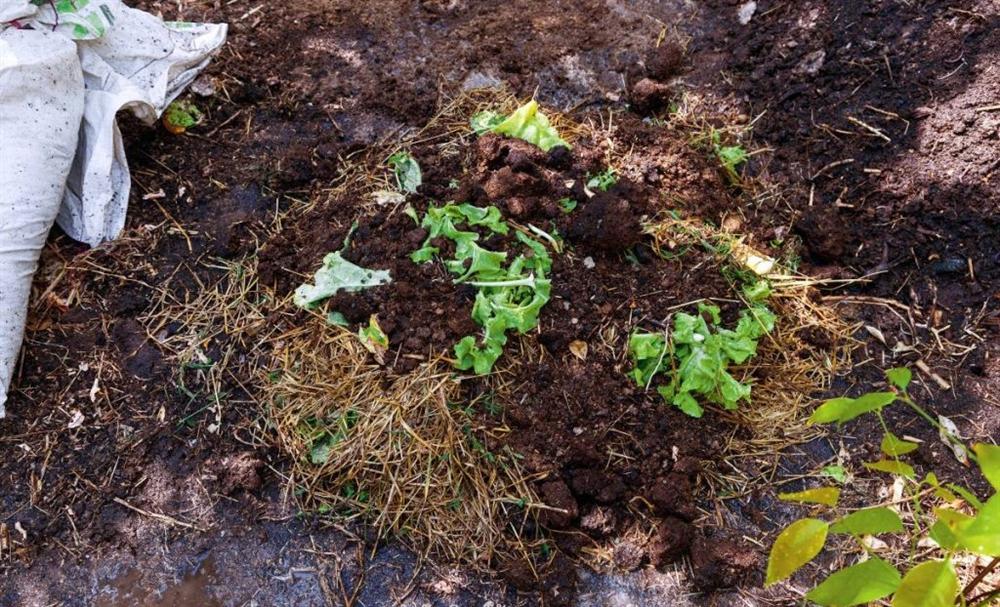
Preparing Yellow Apricot Flowers to be in Full Bloom for Tet Celebration
As the Lunar New Year quickly approaches, many families are looking for guidance when it comes to selecting, purchasing, maintaining, and decorating with beautiful golden apricots. To ensure you get the most out of this lovely tradition, this article will provide you with specific instructions for choosing, caring for and decorating with yellow apricot blossoms. Learn how to make the most of this iconic symbol of the Tet holiday season!
























